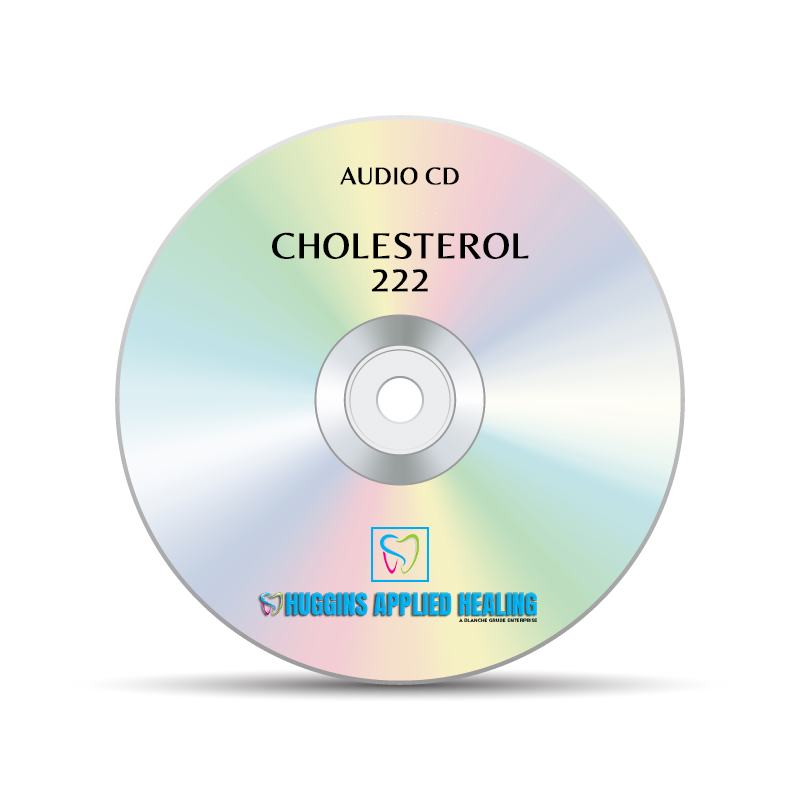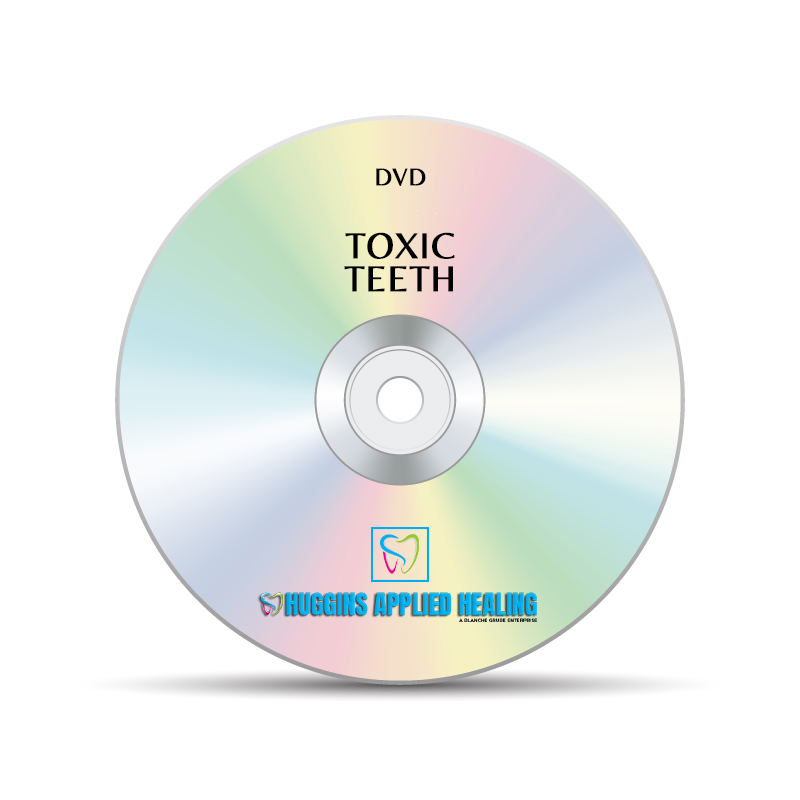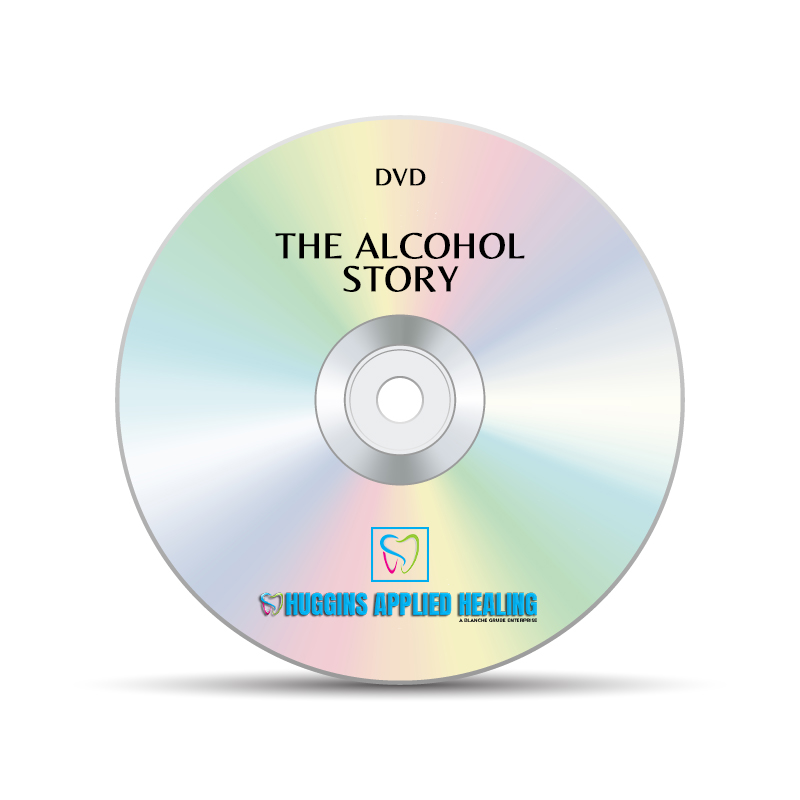Everyone has heard about “good” cholesterol and “bad” cholesterol. Ever wonder why God had us make bad cholesterol in our bodies? Maybe He didn’t. Maybe it’s Madison Avenue, and we fell for it.
As a matter of fact, cholesterol may be one of the critical chemistries that we require. I became curious about cholesterol functions when I found that the “normal” level changed every few years. Genetics doesn’t change, so why should the “normal” level of cholesterol if normal implies healthy? Only over the past few years did the term BAD cholesterol appear. It seems like a new kid on the block. It is.
So I started looking into the scientific literature to find out what bad cholesterol really does. Would you believe that Bad cholesterol
- is involved in the manufacture of hormones?
- is a necessary part of a feeling of well being?
- is involved in seeing to it that red blood cells can get through tiny capillaries?
- comprises a high percentage of our brain?
- is a highly functional part of cell membranes?
- can be altered in your blood stream by removing dental silver- mercury fillings?
- levels can be changed by 10 points in less than 10 minutes
- testing equipment has as much as 18% variation?
- levels are influenced by family only 1 time in 500 relatives?
What is available in the New England Journal, Journal of the American Medical Association, Journal of Cardiology, the Lancet, the British Medical Journal and many others allow us to challenge the TV ads. Challenge to the point of thinking that there may be no statements in the ads that are actually true. How much advertising is fraudulent? Are there no scruples in advertising?
It is true that doctors are seeing more patients for less payment and have less time to read their journals. They depend heavily upon drug representatives for suggestions of what drug to give for what symptoms.
These 2 one hour CD’s contain information that doctors could find if they had the time to read their journals. Could they treat their patients better with this information? You be the judge. Pretend that you are the patient.
Find out:
- who pays for drug testing
- who pays for the interpretations of that drug testing
- if cholesterol is involved in controlling your emotions
- if cholesterol is involved in controlling depression
- the relationship between cholesterol and hostility
- in risk taking
- at what level of cholesterol odds of stroke increase 1000 to 1.
- at what level of cholesterol odds of cancer increase
- which cancers?
- at what level men over 70 have a 6700% increased risk of developing serious depression
- what role bad cholesterol plays in detoxification
- at what excess elevation of liver function enzymes you should “reduce” your statin dosage. Excesses of 100, 200, or 300%?
- how much reduction of bad cholesterol occurs on a low fat diet.
- why children at age 2 to 10 (when their nervous system development consisting of 50% cholesterol is critical) need to monitor their cholesterol for elevations, even though no one knows for sure if that would damage the nervous system – or hormonal system.
- who controls the recommended levels
- who pays them (NCEP). The national cholesterol education program.
- whether the statin manufacturers increase revenues by 32 million or 32 billion by the recommendations dropping 10 points.
- what the truth is about the original Framingham Study of 30 years monitoring one city’s residents.
- what the recommendations were for older men (45 years) and elderly men (60 years) that came out of the Framingham Study and easily apply to today’s men.
These reports differ from what you hear on TV, but they are based on live humans tested and monitored for decades. – what the results of twenty plus published scientific studies involving nearly one million people showed about bad cholesterol. – how recommendations for heart attack prevention for women were derived from studies on men. You may not find out the answer for this one. These are just part of the absolutely astounding bits of truth that I found out about “bad” cholesterol. You will learn more, plus the publication sources of this “controversial” information in our 2 CD series of one hour each titled “Cholesterol – 222” Are there arguments and rebuttals? Yes. Included? Yes. Do they show bias? You judge, but don’t bet your life on low cholesterol.








